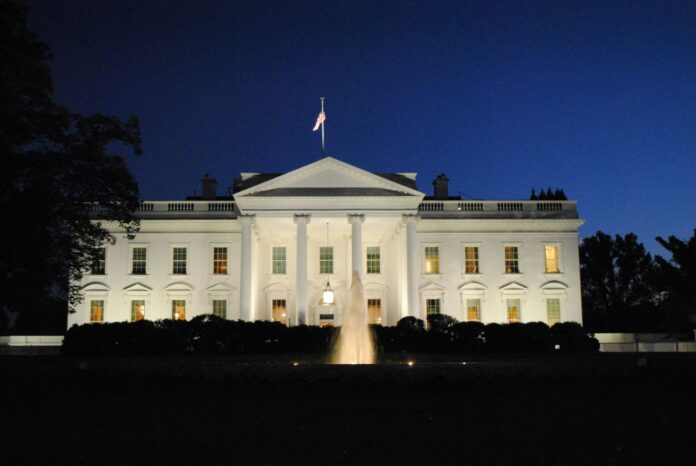After President-elect Donald Trump proposed 25% imports tariffs on U.S. trading partners Mexico and Canada, several organizations in the beverage alcohol industry have expressed concerns.
“We appreciate President-elect Trump’s goal to protect the American people and U.S. jobs. Our industry has been weighed down by retaliatory tariffs as part of unrelated trade disputes since 2018, which crashed our exports harming thousands of distillers and their farmers across the United States,” said Distilled Spirits Council president and CEO Chris Swonger, in a press release. “We are now currently facing the threat of a devastating 50% tariff on American whiskey by the EU at the end of March 2025. Imposing a tariff on tequila and Canadian whisky from two of our largest trading partners could kick off more retaliatory tariffs on American spirits to Canada and Mexico.”
“Under the United States-Mexico-Canada Agreement (USMCA), Tequila and Canadian Whisky are designated as distinctive products, similar to Bourbon, where they can only be made in their country of origin,” Swonger added. “Slapping a tariff on Tequila and Canadian Whisky will not boost American jobs simply because they cannot be produced in the United States.”
The proposed tariff comes at a time when the spirits industry has seen declines.
“The U.S. spirits sector continues to experience a slowdown,” Swonger said. “At the end of the day, tariffs on spirits products from our neighbors to the north and south are going to hurt U.S. consumers and lead to job losses across the U.S. hospitality industry just as these businesses continue their long recovery from the pandemic. As President-elect Trump comes into office, we urge all of governments to work together to reach an agreement that ensures tariffs are not imposed on spirits products.
Echoing his concerns was Dina Opici, Wine & Spirits Wholesalers of America chairwoman and president of Opici Family Distributing.
“Wine & Spirits Wholesalers of America (WSWA) are deeply concerned about President-elect Trump’s announcement of a proposed 25% tariff on goods from Mexico and Canada,” Opici said, in a press release. “These tariffs pose a significant threat to an industry already grappling with declining volumes and rising costs.
Opici expressed concern that these proposed tariffs on goods from Mexico would upend the premiumization and innovation that have driven recent growth in the tequila industry, to the detriment of bars, restaurants, and retailers nationwide. She also worried that Canadian whisky, already facing headwinds, would suffer further under the proposed tariffs.
“The wine and spirits industry is built upon products with unique origins, crafted by producers whose authenticity resonates with consumers,” Opici said. “These proposed tariffs would undermine this authenticity by disrupting the critical role imports play in our market and limiting consumer access to the distinctive products consumers know and love.”
“Beyond our industry, the ripple effects of such tariffs would extend to consumers, retailers and the recovering hospitality sector – increasing costs at a time when affordability is essential,” she added. “These broad economic consequences jeopardize the stability and growth of our industry and threaten the livelihoods of those it supports. Now more than ever, it is vital to advocate for policies that sustain the wine and spirits industry, protect American jobs, and maintain a healthy market. I urge everyone to remain engaged with WSWA and join us in raising our collective voice in ongoing advocacy efforts. Together, we can work to ensure a stable and prosperous future for our industry and its many stakeholders.”
Feature photo by Tabrez Syed on Unsplash.






